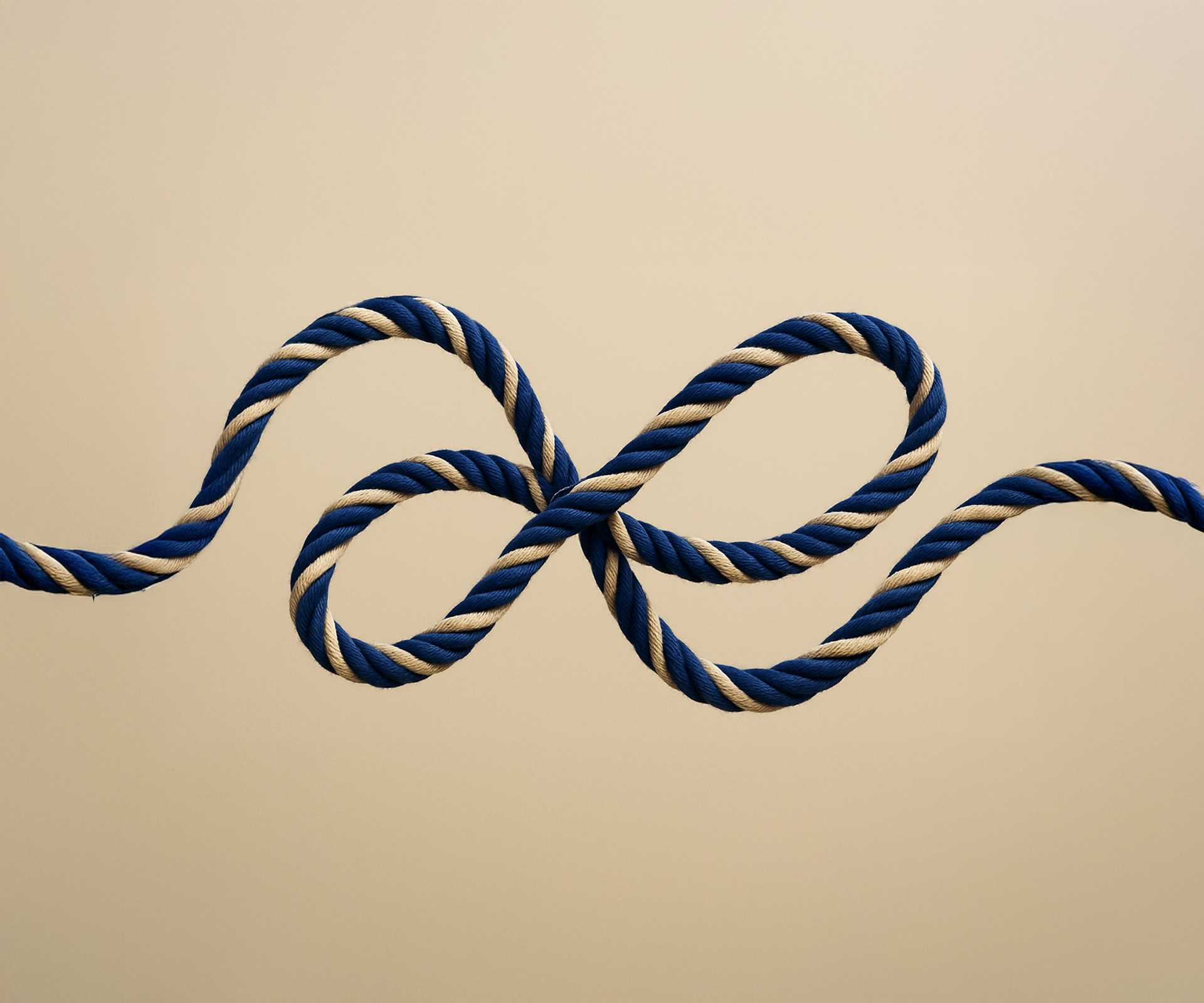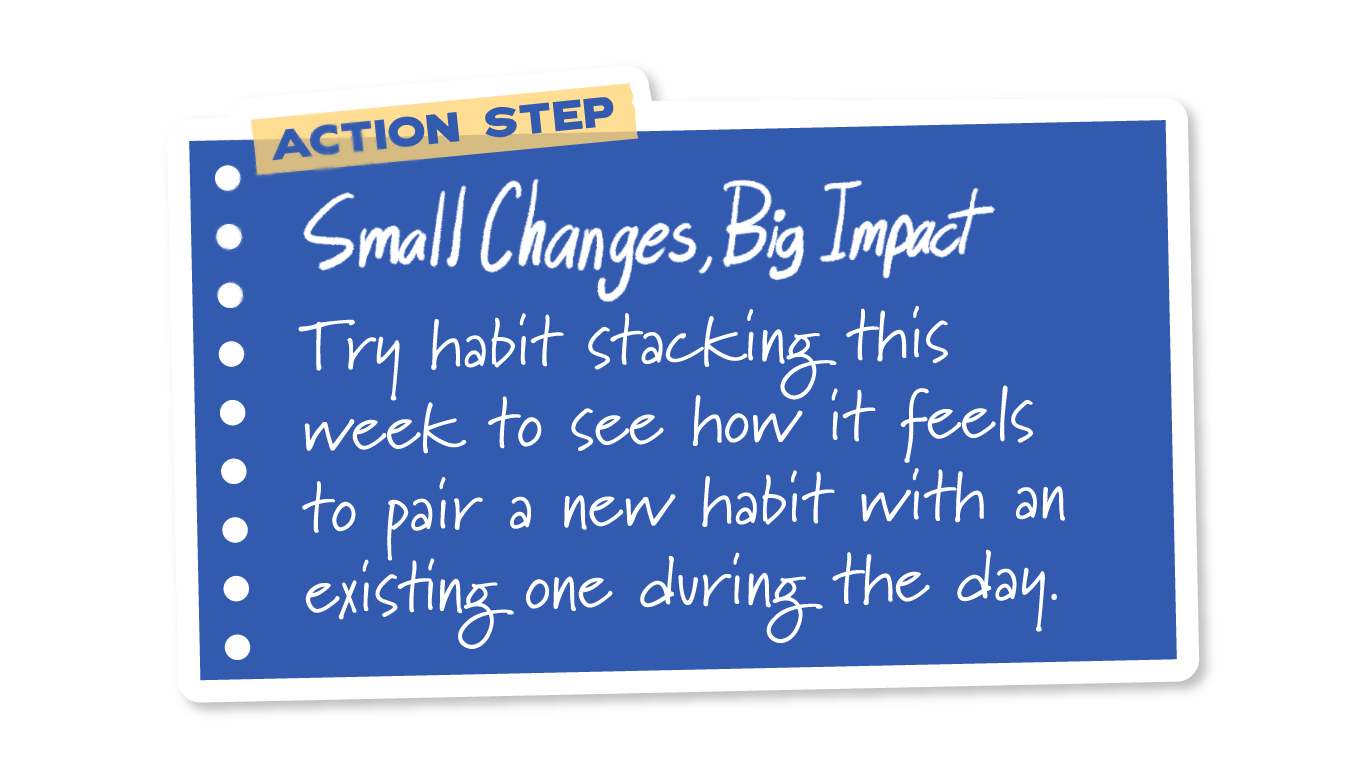

If you’re trying to lose weight and manage type 2 diabetes, you’ve likely been through your share of diet plans, fitness fads, and bursts of motivation that burn out quickly. You’re not alone and you’re not failing. The truth is: it’s not about trying harder, it’s about building smarter.
This time can be different. Here’s how to start healthy habits today that actually stick.
Most people try to change too much, too fast. Rather than a total life overhaul, you need tiny, consistent wins. Think about what you can do on your worst day, not your best day as a starting point.
Tip: Choose a change so small it’s almost impossible to fail.
Willpower is unreliable and can change from day to day. If your kitchen is full of snacks or your schedule is packed, healthy choices will always feel like uphill battles. Instead, set up your surroundings to make the healthy choice the easy one.
Tip: Look at your space and ask: “Does this help me or make it harder to stay on track?”
You likely don’t need more time, you just need smarter stacking to maximize some “blank time” during the day.
Link your new habit to something already in your routine. This is called habit stacking (see Atomic Habits book referenced below for additional reading), and it makes your new behavior feel more automatic.
Try:
Tip: Think of a habit you already do daily, and add a tiny health action to the end.
Managing your weight and diabetes isn’t about chasing extreme goals or cutting everything out. It’s about creating a lifestyle that supports you (even on the hard days).
By starting small, shaping your environment, and building on your existing routine, you can form habits that work long term. It’s not about quick fixes. It’s about real change.
